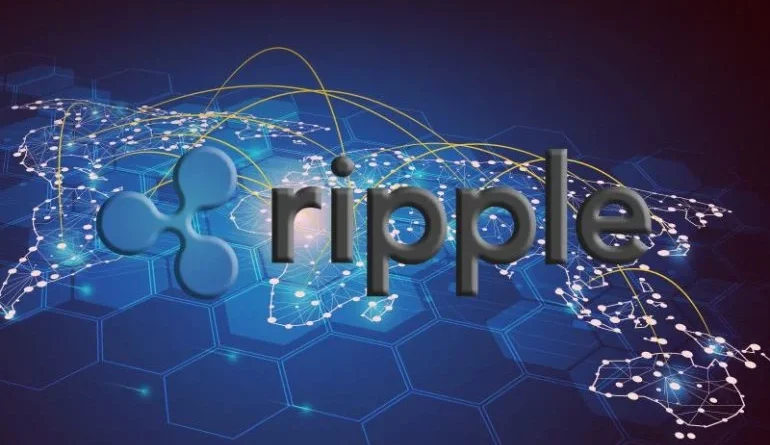Ripple (XRP): blockchain with speed and efficiency
Ripple (XRP): Revolutionizing cross-border payments through speed and efficiency
Ripple and its cryptocurrency XRP have established themselves in the financial world as a game-changer for cross-border payments. With its unique technology and focus on efficiency and speed, Ripple addresses the challenges that traditional payment systems present in an international context.
Founded in 2012, Ripple aims to transform the global payments ecosystem. At the core of Ripple's solution is RippleNet, a decentralized network of financial institutions that enables fast, transparent and low-cost cross-border payments. XRP, the native cryptocurrency of the Ripple network, plays a central role in this.
One of the biggest advantages of Ripple is the speed of transactions. While traditional bank transfers can take days, transactions on RippleNet are processed in seconds. This is a significant advancement, especially for businesses and individuals who rely on fast and reliable international money transfers.
In addition to its speed, Ripple is characterized by its low transaction costs. By eliminating middlemen and using blockchain technology, costs can be drastically reduced. This makes Ripple particularly attractive for banks and other financial service providers looking for more efficient and cost-effective payment solutions.
Another important aspect of Ripple is its scalability. The network is capable of processing a large number of transactions simultaneously, making it a viable solution for large financial institutions. RippleNet also offers advanced features such as liquidity management, which sets it apart from other cryptocurrency platforms.
Ripple has already established significant partnerships with numerous financial institutions worldwide, including major banks and payment service providers. These partnerships are a testament to the confidence in Ripple's ability to improve the international payments ecosystem.
Despite its potential and success, Ripple also faces challenges, particularly in relation to regulatory issues. The classification of XRP as a security and the associated legal disputes in some countries are examples of hurdles that Ripple has to overcome.
In summary, Ripple (XRP) is a groundbreaking project in the world of cryptocurrencies, with its fast, efficient and low-cost cross-border payments. With its advanced technology and growing acceptance in the financial world, Ripple could have the potential to permanently change the global payment system.




